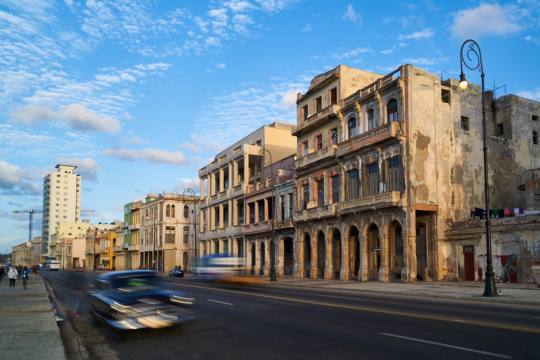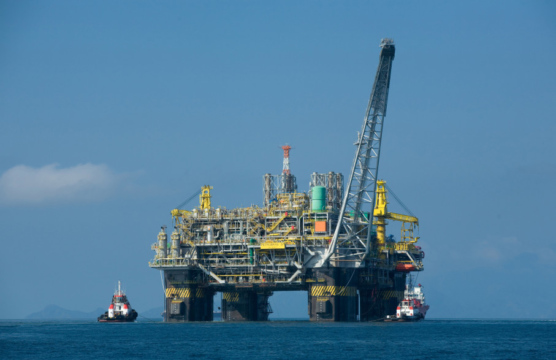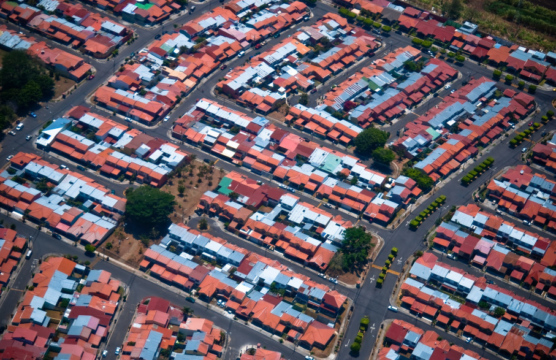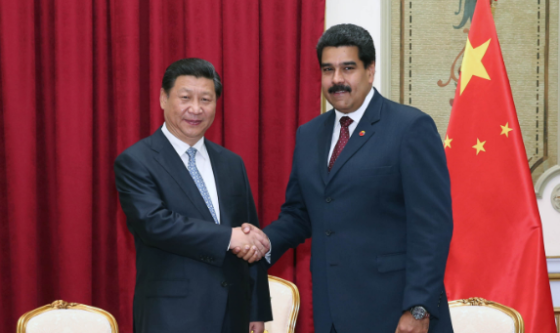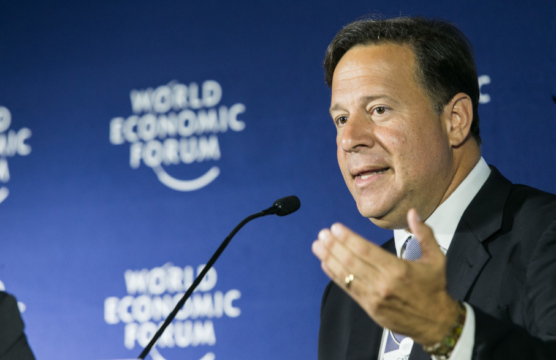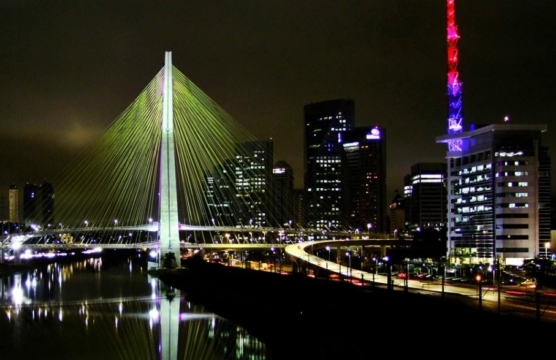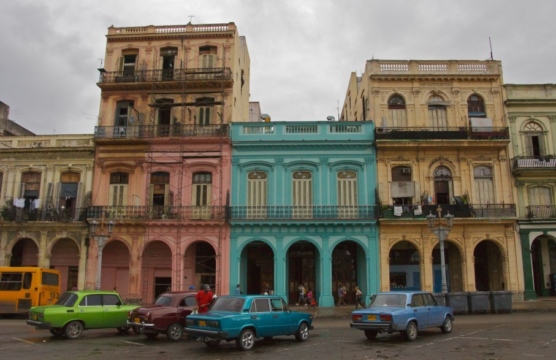
What Will a New Generation of Leadership Mean for Cuba?
Cuba’s parliament has approved Miguel Díaz-Canel as Cuba’s first vice president. What will this mean for Cuba?
Cuba’s parliament has approved Miguel Díaz-Canel as Cuba’s first vice president. What will this mean for Cuba?
We live in times of change: sociological, economic, moral, demographic and cultural changes, that are constantly challenging the ability of balance, integration and innovation of societies and systems. How do these changes affect schools and the way they train teachers? How should we rethink the work of teachers under these new…
The transfer of educational decision-making authority and responsibility from the center to regional and local systems
On Friday, March 3rd, the Dialogue welcomed Director and Deputy Director of Cuba Posible, Roberto Veiga and Lenier Gonzalez, and a small group of Latin America policy experts for a discussion on social and political trends in Cuba. The discussion focused on upcoming leadership dynamics in Cuba and the role of young people in the future of the island.
Oil and gas production in the United States and Canada has increased considerably since 2008.
Attracting foreign investment to grow the economy is a top priority for Costa Rica’s new government, President Luis Guillermo Solís said at the Dialogue.
Good fiscal policy not only promotes macroeconomic stability and growth, it is also a powerful tool for directly reducing poverty and inequality.
Despite setbacks, Central Americans are committed to a new energy future.
Unrepaid loans and rising levels of insecurity in Venezuela may mean that the country cannot receive additional significant loans or investment from China in the near future, The Wall Street Journal reported Sept. 11. How important a lifeline is Chinese financing to Venezuela, and what will happen to Venezuela if China holds off on additional financing to the country?
The president of the Venezuelan National Electoral Council discussed the upcoming electoral contest.
Is press freedom seriously jeopardized in these countries or elsewhere in the region? What implications does it have for the state of democracy? Should regional bodies or other organizations be taking action? If so, how?
Barack Obama should never have been able to claim a second term. Yet he did, and with considerable room to spare.
What factors propelled Varela to victory? What will be Varela’s biggest challenges?
Brazil’s regional approach is in need of greater clarity and a meaningful renewal.
Will Brazilian President Dilma Rousseff’s visit to Washington next month help improve bilateral relations?
